Daniel Andrews’ China trip secrecy speaks volumes
While Daniel Andrews still has a blind spot on China, the autocratic, secretive style in which he conducted his visit has sadly become a hallmark of his leadership.
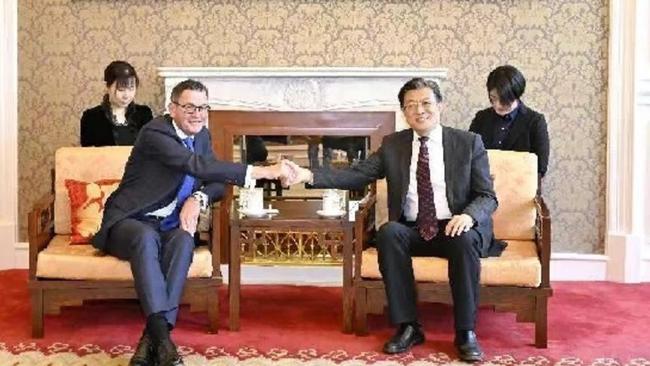
Andrews hoped his surprise four-day visit to Beijing – the first by any Australian federal or state leader since the start of the Covid-19 pandemic – would be lauded for opening up opportunities for Victorians in education and trade.
Instead, it served only to shine a spotlight on the worst elements of Andrews’ leadership style – an autocratic bent towards excessive secrecy and a disregard for transparency and scrutiny. In seeking to curry favour with the Chinese Communist Party, Andrews crafted his trip so that no aspect of it would upset the regime.
He chose not to raise uncomfortable issues such as human rights and the unjust detention of Australian journalist Cheng Lei and writer Yang Hengjun.
In a win-win for both the CCP and for Andrews, he refused to allow the Australian media to accompany him, thus removing the risk of prickly questions about why he is so openly cosy towards a regime that has imposed sanctions on $20bn of Australian exports in recent years.
Andrews adopted a “nothing to see here” approach to his visit, insisting it was all about lifting the number of Chinese students studying in Victoria from 42,000 to a target of 62,000. He claimed it was not the role of a premier to raise with his Chinese hosts – even in passing – persecution of the Uighur minorities or the detention of Cheng, whose partner and two young children live in Melbourne.
Such a move would be “too sensitive”, Andrews said. Cheng’s partner, Nick Coyle, disagreed. “Lei considers Melbourne home, so I think supporting two young Victorian children by making representations to officials in China for regular contact with their mother would be an entirely appropriate thing for a premier to do,” Coyle said.
Andrews received flak from both sides of politics for the bizarre level of secrecy that surrounded the visit. He announced his China visit only the day before he left and said he would not invite the media because there were no big deals to be signed and it was not a “very picture-friendly trip”.
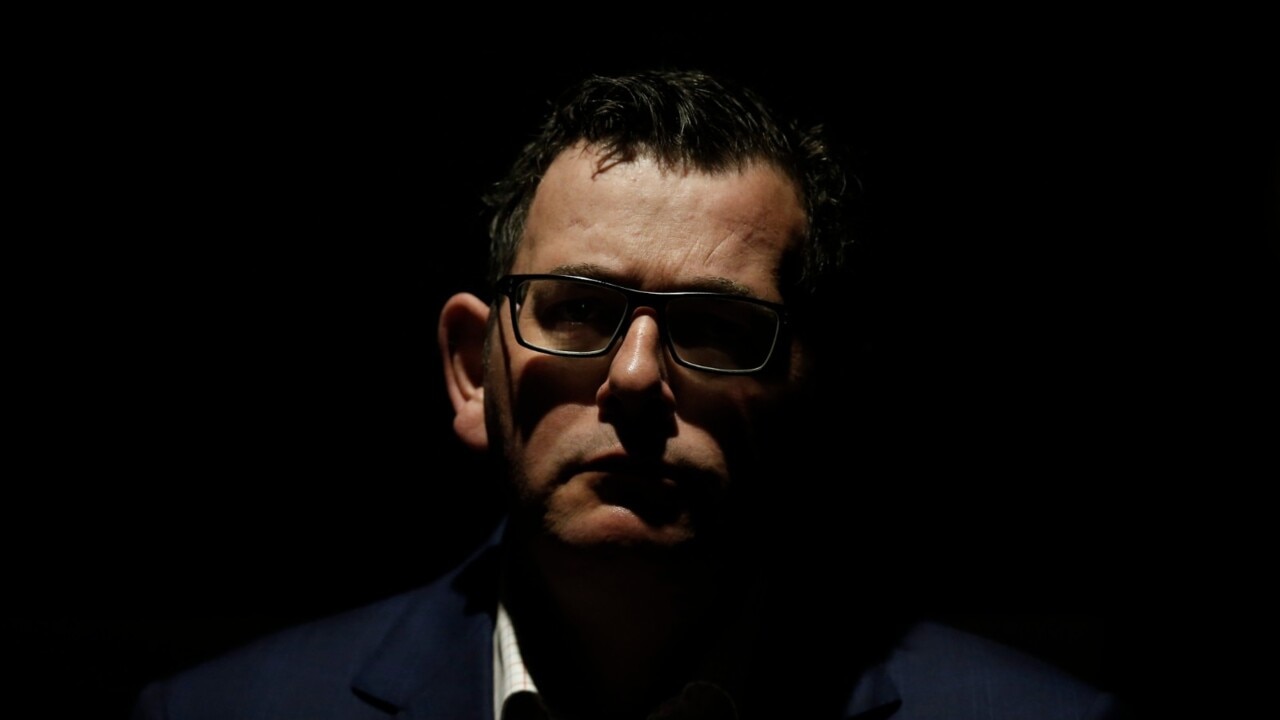
This ensured zero scrutiny of how Andrews conducted himself in China and it protected his CCP hosts from questions also.
It was a terrible message from a democratic leader about how he regards the importance of a free press while visiting a country that has expelled all Australian correspondents and where there is no such thing as a free press. As press freedom advocate Peter Greste, who spent more than a year in jail in Egypt, put it: “It’s hardly a good look to travel to a place like China, which is the world’s greatest jailer of journalists, and not to travel with any journalists. It sends a very bad message.”
What was also bizarre was that Andrews’ stated aim of the trip was to encourage more Chinese students to study in Victoria yet he did not take with him any vice-chancellors or senior education figures. He did not even take his Education Minister or Trade Minister, travelling only with the head of the Department of Premier and Cabinet and two staff members from his private office.
Andrews’ secretive and hasty visit to China stands in marked contrast with the Albanese government’s measured and sensible handling of the relationship as it seeks stabilise ties without kowtowing to Beijing’s demands.
Just a few weeks ago, China berated Australia for its AUKUS nuclear-powered submarine announcement, accusing Canberra of fuelling an arms race, hurting peace and stability, and undermining nuclear non-proliferation. It’s a safe bet Andrews would have carefully avoided the topic of AUKUS during his visit.
The truth is that Andrews has misread the room on China before and he has done so again. The Premier has a track record of ignoring the excesses of the CCP in his haste to forge better trade and investment ties with Beijing.
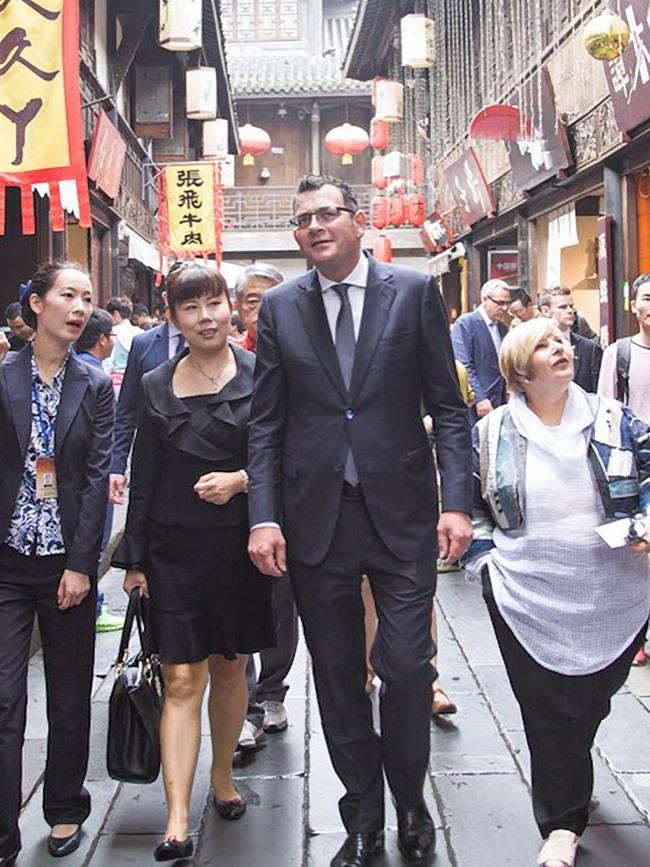
In 2019 he blindsided the federal Department of Foreign Affairs and Trade by signing a framework agreement as part of China’s controversial Belt and Road Initiative. It sent the wrong message when Australia had recently introduced foreign interference laws and banned Chinese telco Huawei to protect against a surge in Chinese espionage activity in Australia.
In April 2021, the Australia-China relationship had become so toxic that the Morrison government used new federal powers to scrap Andrews’ Belt and Road agreement.
While Andrews still has a blind spot on China, the autocratic, secretive style in which he conducted his visit has sadly become a hallmark of his broader leadership. During his nine years in office Andrews has centralised power in his office to an extent no premier has done before. He has more than 90 staff working in his personal, private office who sit outside the public service and are not accountable to parliament.
Andrews and his team work to promote pro-Labor candidates for senior positions whenever possible. The cumulative impact of this trend in a state where Liberals have governed for only four years of the past 23 years is that Andrews has Labor allies sprinkled across the levers of power in Victoria. The Liberals no doubt would have tried to do the same if they were in power, but it certainly plays to Andrews’ authoritarian style of leadership.
Andrews has even been accused of allowing “partisan politics” to intrude into the workings of the parliamentary committee that oversees the state’s anti-corruption watchdog, which has questioned the Premier as part of at least four probes.
Last month Melbourne newspaper the Herald Sun revealed the full text of a secret letter making the allegation that was sent last December by the recently departed commissioner of the state’s Independent Broad-based Anti-corruption Commission, Robert Redlich, to the presiding officers of the Victorian parliament. Andrews denied the accusation as “simply wrong” and claimed he had not seen the letter.
During Covid, Andrews’ pandemic lockdowns were the longest and the harshest in the country, second only to those perpetrated by his hosts in Beijing.
The huge social, educational, economic and mental health costs of his pandemic overreach have become more apparent over time.
Yet Andrews’ response so far in his third term as Premier has been to dismiss the pesky demands of democracy and to lock himself away from legitimate scrutiny.
His ham-fisted visit to China displayed contempt for the most basic democratic pillars such as press scrutiny and transparency. His nickname “Chairman Dan” has never seemed so apt.



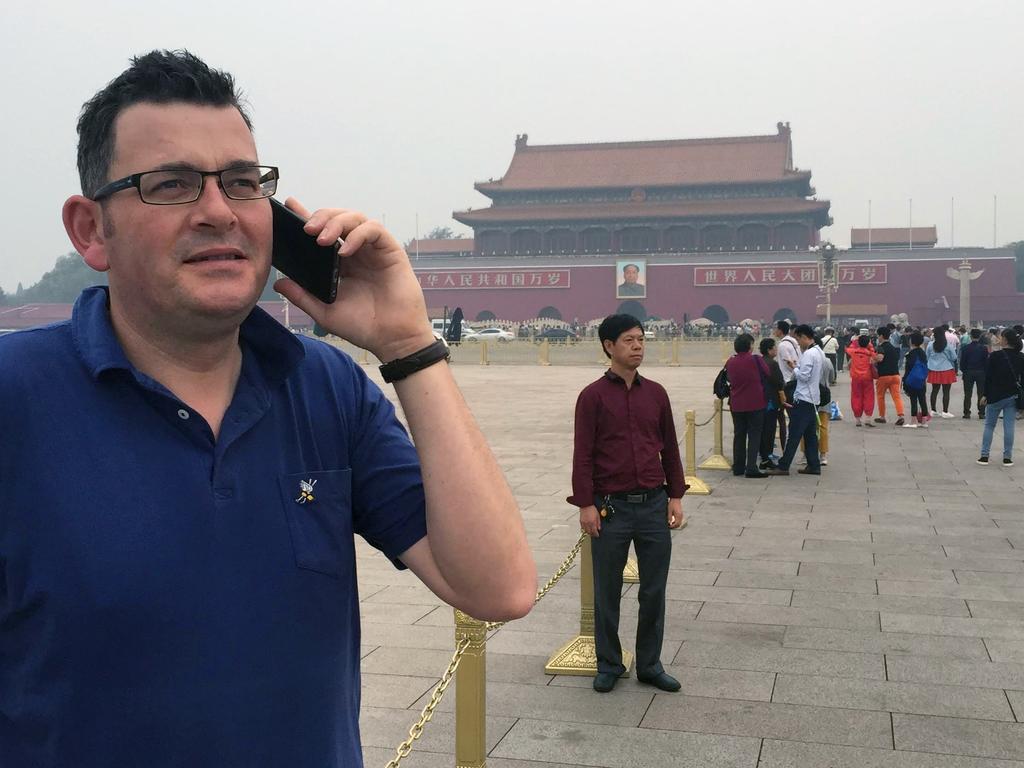
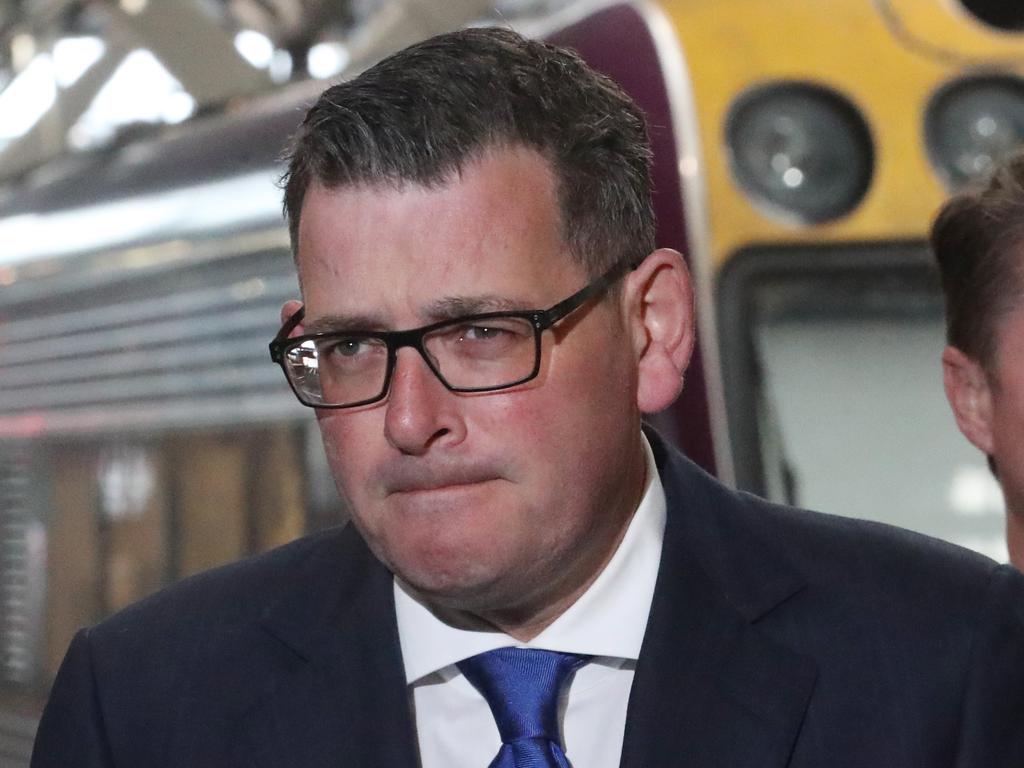
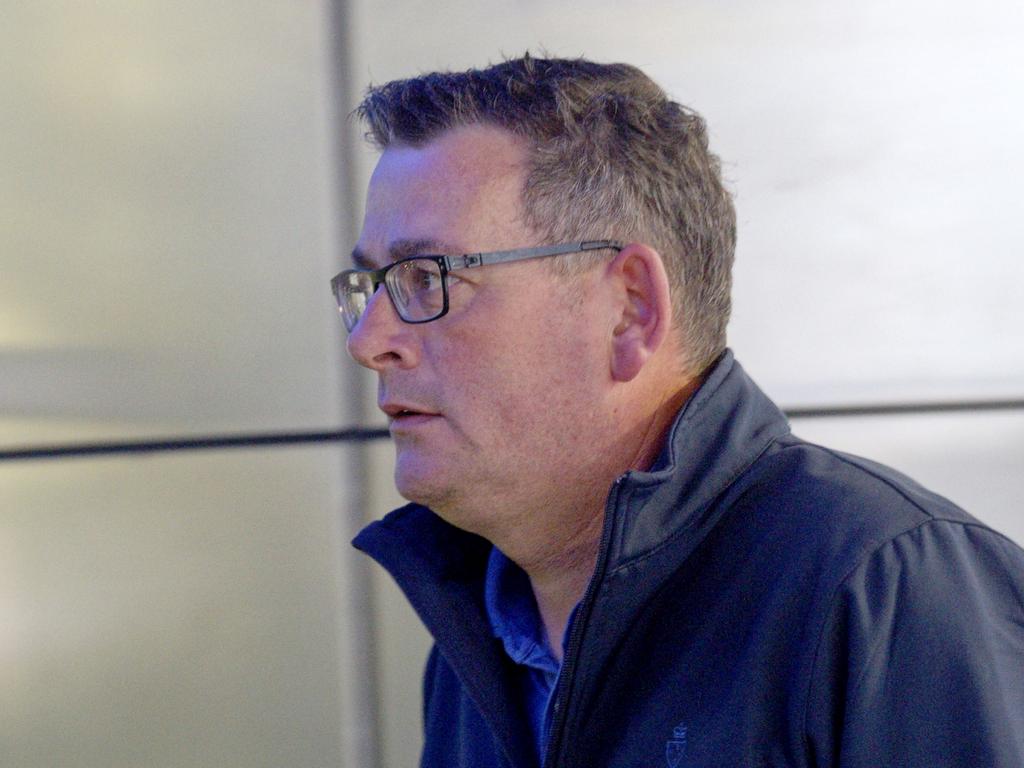


Leaders who have held office for many years too often fall into the trap of appearing overconfident, arrogant and unaccountable. This week Victorian Premier Daniel Andrews managed to tick all three boxes in the public relations disaster that was his sudden and secretive trip to China.